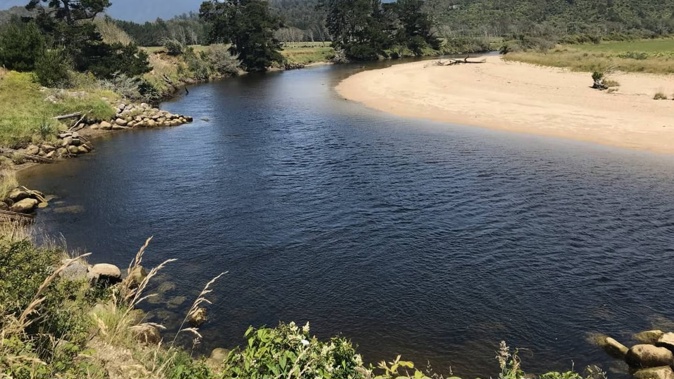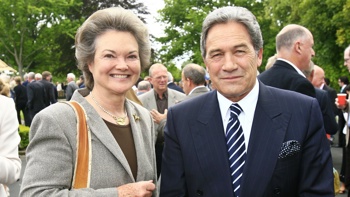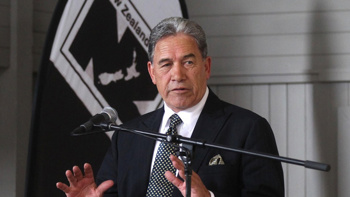
By RNZ
A man who removed a whale fossil from a riverbank at Little Wanganui on the West Coast has apologised for his actions, but the exact fate of the treasured taonga remains unknown.
The story of the fossil being cut from bedrock at the Little Wanganui River mouth last October sparked outrage in the local community and made headlines across the country and around the world.
In early November, West Coast police recovered the fossil after a search warrant was carried out at a Granity property.
West Coast man Harry Jensen, a self-described amateur palaeontologist and citizen scientist, apologised this week to those affected by his actions.
In a Facebook post, Jensen said he and a team removed the fossil as part of a project to preserve and protect the diverse vertebrate fossil record on the West Coast.
Jensen offered his apologies to the people of Little Wanganui past and present, the local hapu Ngāti Waewae, iwi Ngai Tahu, Te Papa and the Otago Museum.
He said once prepared and preserved, the fossil would be donated to the Karamea Museum.
But the Karamea Historical Society, which runs the museum, said it had not heard from Jensen or anyone else about the fossil.
The West Coast Regional Council launched an investigation into the incident which found mechanical extraction of the fossil was non-compliant with regional rules.
The current West Coast Regional Coastal Plan permits the removal of sand, shingle and stones from the coastal marine area - unless the removal is undertaken by non-mechanical means; and stones are no more than 250mm in diameter.
But it said at this stage, prosecution was not an option as it depended on the nature, size and location of any lasting environmental effects.
The limestone shelves at the Little Wanganui river mouth where the fossil was embedded were classified as a significant area in the council’s proposed regional coastal plan.
The council said abatement notices were served to two individuals on 14 November, which banned them from removing further rock material in the region.
Te Rūnanga o Ngāti Waewae chairman Francois Tumahai said the hapū was pleased Jensen had made a public apology and he was working with the rūnanga and police to ensure the whale fossil was returned to the Karamea community.
He said Jensen had offered to work with expert palaeontologists to restore the fossil for display. He would provide the police, regional council, and Tumahai with regular reports on his progress.
/cloudfront-ap-southeast-2.images.arcpublishing.com/nzme/4RXUE2VGYNDTFJMRFNUWT7KAYU.jpg)
Te Rūnanga o Ngāti Waewae chairman Francois Tumahai. Photo / Facebook
A community meeting in Karamea planned for April would foster discussions about where the fossil should be displayed and how it should be used once it was returned to the community.
“We can all agree that there should be stronger legislation in place to stop this from happening again,” Tumahai said.
“Fossils are a tangible connection to our past and this taonga was particularly special and treasured by the community. I look forward to seeing it returned to Karamea so it can be enjoyed once again.”
Te Papa Tongarewa vertebrates curator Felix Marx said the museum had not been involved with the case but photos of the fossil showed what appeared to be ribs and vertebrae of a whale.
Marx said fossils could end up in museums in several ways, such as through a university or museum-organised expedition, if a museum was notified by someone who had seen one, or through private collectors who searched for fossils as a hobby.
“Most of these people are actually really good characters, they put more effort into it than say a local just going out for a walk, and they tend to find a lot because they know the area where they’re looking really well.
“A lot of people are quite happy to donate fossils because they hold scientific importance. There have been instances where fossils do get bought, not just by us but by other institutions as well, and how that happens and what value you attach to that, it’s on a case-by-case basis as it’s very difficult to value a fossil for obvious reasons.”
Marx said fossils did not have much legal protection and the rules for collecting them depended on who owned the land they were on, but it was important people collecting them did so in accordance with the local community and iwi. - RNZ
Take your Radio, Podcasts and Music with you









